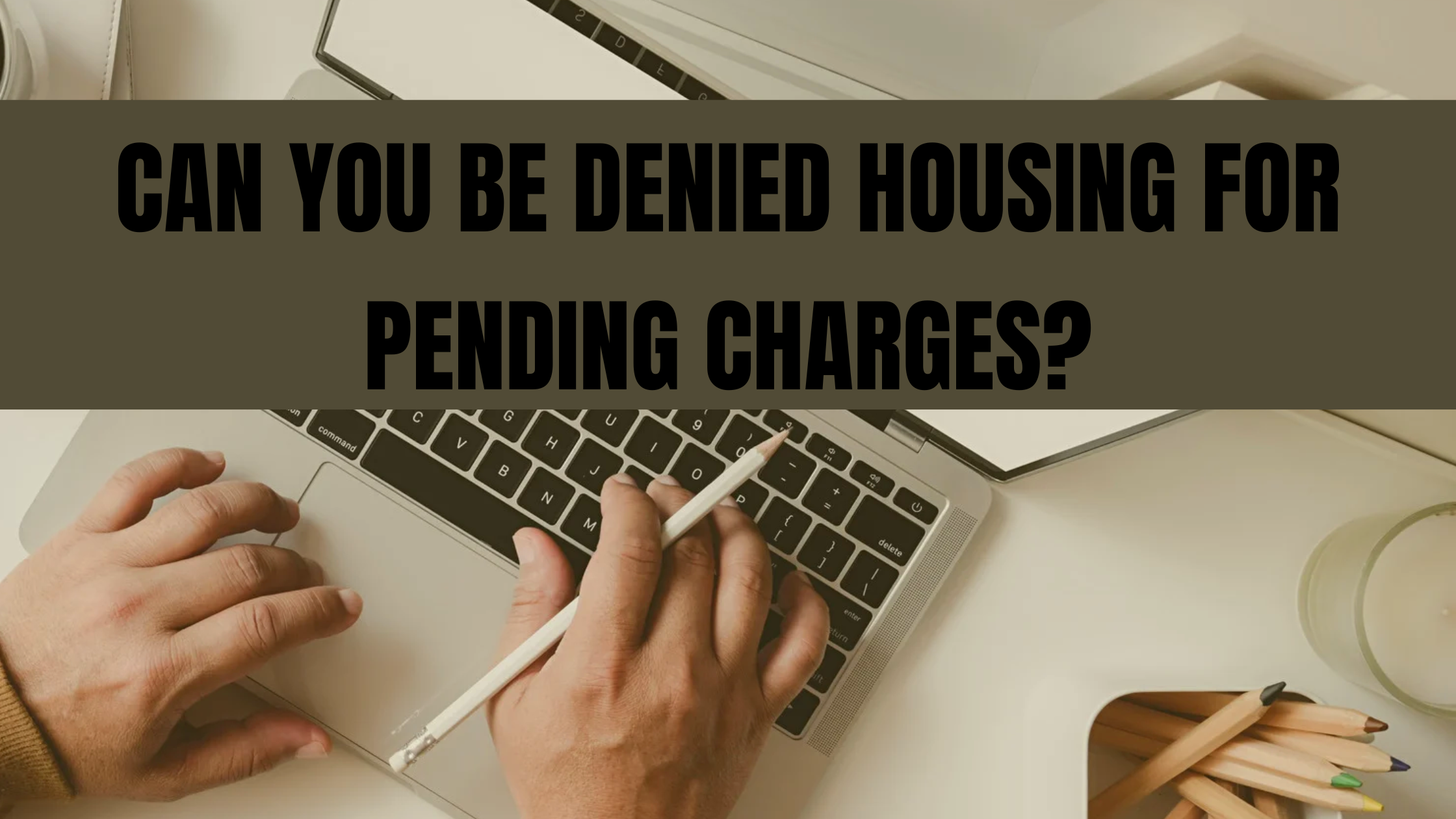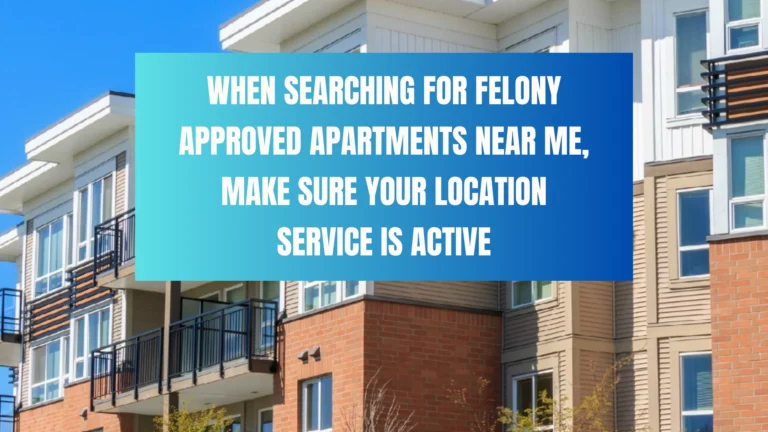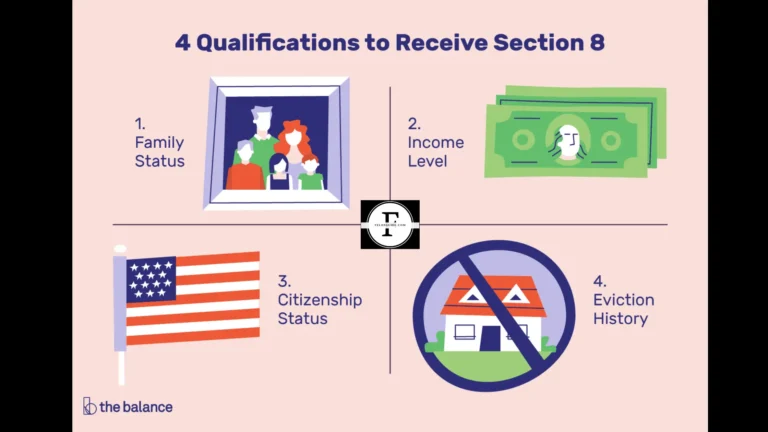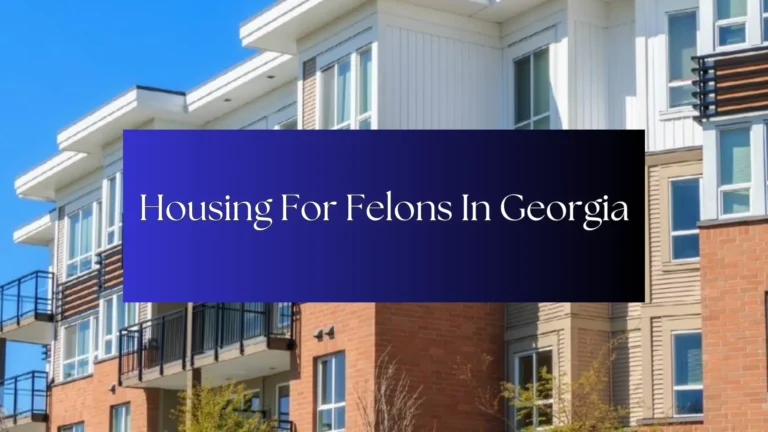Can You Be Denied Housing For Pending Charges?
Can you be denied accommodation for pending charges? So the answer is yes a landlord can deny you due to pending charges.
This question often comes up when people need to move while they are waiting for their trial to begin or when their criminal case is still pending. An unsolved case and accusations hanging over your head puts you in a tough spot and no doubt you are dealing with a lot of anxiety and uncertainty right now.
Here are a few more details to help you understand how pending charges may affect your rent application.
Do Pending Charges Show Up On A Background Check?
Pending charges and arrest records will usually be reported to you at the scene. Background check agencies regularly receive data on arrests and charges from police departments and courts, and many jurisdictions provide their updated data on a daily or weekly basis.
If your landlord checks county court records themselves or uses a tenant screening agency that searches county court records directly, your pending charge will almost certainly show up on your report.
If the screening agency only checks at the state level, it may take several weeks or longer for your pending charge to appear because the data takes time to update. Some states do not allow or limit the reporting of pending charges on background checks, for example, Arkansas only allows the reporting of pending felony charges.
Search online to see the specific laws for your state.
Will Landlords Deny Housing Because Of A Pending Charge 2024?
The fact that a landlord may reject your application because of a pending charge already filed against you does not necessarily mean that they will. A landlord’s tenant screening policy shall detail which crimes are disqualifying to comply with fair housing. Landlords may not use a blanket ban to disqualify an applicant with a criminal record to comply with the Fair Housing Act.
If the crime you’ve been charged with isn’t on their list of disqualifying crimes, your landlord shouldn’t reject you because of a pending charge. An exception may be made if your pending charge is likely to result in a custodial sentence, in which case the landlord may refuse to let you in because you are unable to pay your rent during the period of your incarceration. Having a co-signer or guarantor will help in this situation.
Guidelines are largely uniform for both private rental and public housing applications.
Using Arrest Records In Tenant Background Screenings
If you have been arrested and charges have not yet been filed by the prosecutor, the landlord should request more information about the arrest to help determine whether you are involved in criminal activity. The landlord or property manager will need to request a copy of the police report to understand the circumstances surrounding the arrest and the amount of evidence against you.
While a prosecutor is still reviewing your case, he or she may decide to drop the charges or add additional charges, rejecting changes to the police report. You should also check to find out if your state or city has passed laws that prevent housing from using arrest records when making housing decisions.
Landlord’s Tenant Screening Policies Must Be Lawful
When landlords and property managers conduct background screening of rental entities, they are doing so to reduce the risk that other tenants pose to their property and business.
Landlords want characters who pay their rent on time each month, take care of the rental property, and treat staff and other tenants safely and respectfully. Often landlords may require certain delinquents to be excluded to comply with the terms of their liability insurance.
However, landlords must still comply with laws governing the use of criminal background checks. Federal law in the form of the Fair Housing Act (FHA) sets out specific types of housing discrimination that are illegal.
State laws and city laws other than the FHA may limit how background check information can be used. In Seattle, for example, landlords can check a tenant’s background but cannot disqualify tenants based on their criminal history.
What Does The Fair Housing Act Say About Pending Charges?
The FHA does not mention pending charges but only prohibits a judgment of residence on an arrest record because an arrest does not constitute a crime.
The Department of Housing and Urban Development (HUD) guides how landlords must comply with the FHA. This guidance discourages landlords from using criminal history in making housing decisions.
The HUD guidance also emphasizes that landlords cannot use blanket bans to disqualify applicants with criminal records, and instead landlords must have a clear tenant acceptance policy that states this. Which crimes are disqualifying?
The results of the landlord’s background check must be reviewed on an individual basis and you must be allowed to present mitigating evidence in your favor.
When criminal history is used to screen tenants, the screening policy and disqualification criteria must serve a sufficiently legitimate non-discriminatory landlord or housing provider interest—in other words, the policy’s purpose is to protect the housing or property. Instead, should individuals be excluded simply because the landlord does not want to rent to criminals?
What to Do If You’re Denied Housing Due To Pending Charges
If you are refused rent because of your outstanding charges, you can ask the landlord or housing provider to reconsider their decision.
Notices of rental denials under the FHA must be provided in writing, explaining why you have been denied and giving you 14 days of your right to request information about the denial or to request a meeting inform.
You can download a free template letter from the Housing Center to send to landlords if you want to know if they have given you due consideration. Get it from https://www.thehousingcenter.org/wp-content/uploads/2019/04/Appealing-Criminal-Background-Denial-for-Housing-Form-Letter.pdf
Tenants with criminal backgrounds often have better luck searching for rentals on Craigslist and the Facebook marketplace. Landlords on these sites are often individual property owners who have less stringent tenant screening policies. They do not run background checks at all.
Long-stay hotels are another option you can consider while your case is being processed. You can find listings for them on your local Craigslist. You will need a credit card to rent a room, but They do not do background checks All amenities are included Rooms have a kitchen and some take pets.
Quick Recap
Private landlords and public housing authorities can refuse to provide accommodation to you based on pending charges. The pending charges must be for crimes that are disqualifying in the landlord’s tenant acceptance policy.
If your charges are likely to result in a custodial sentence, you can be refused accommodation if you are unable to pay your rent and are therefore likely to be in breach of the terms of your lease.
But some states and cities don’t allow pending charges to be included in a background report, so check to see what’s in your area.







